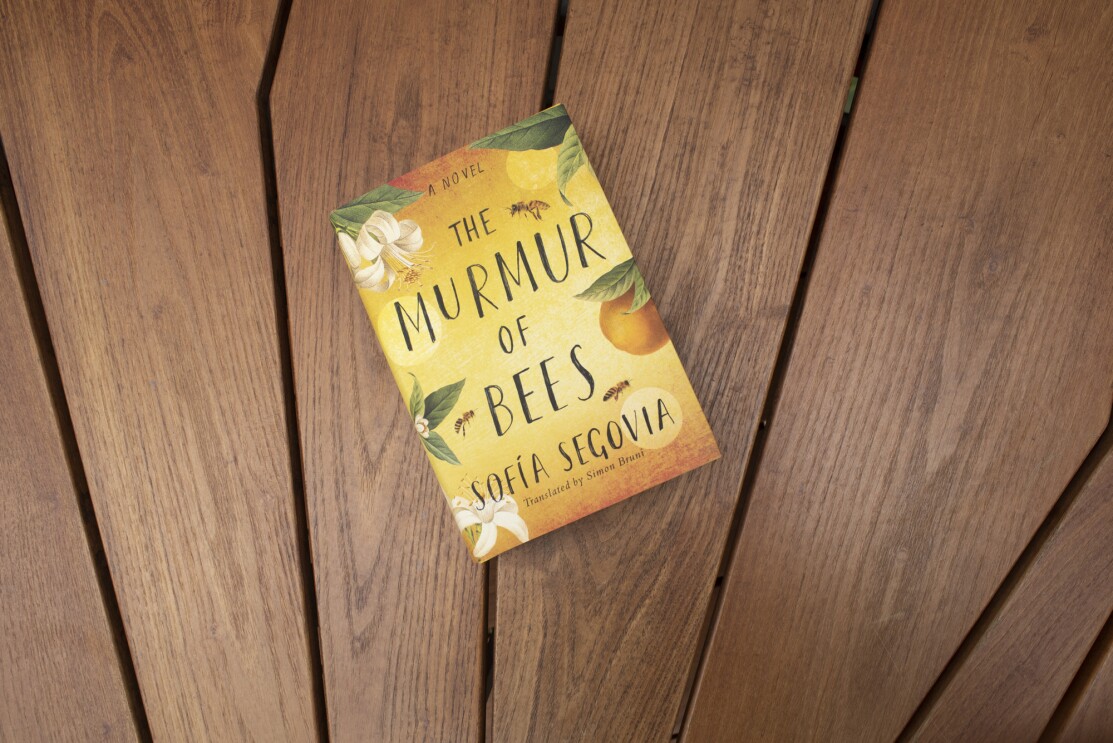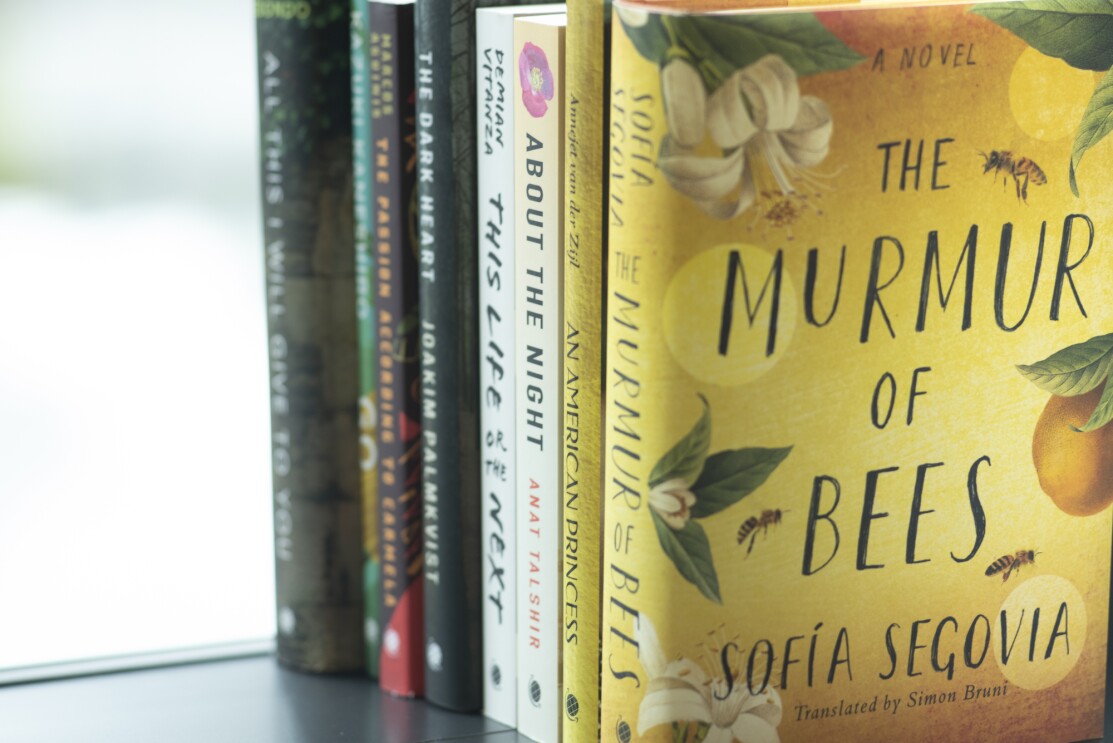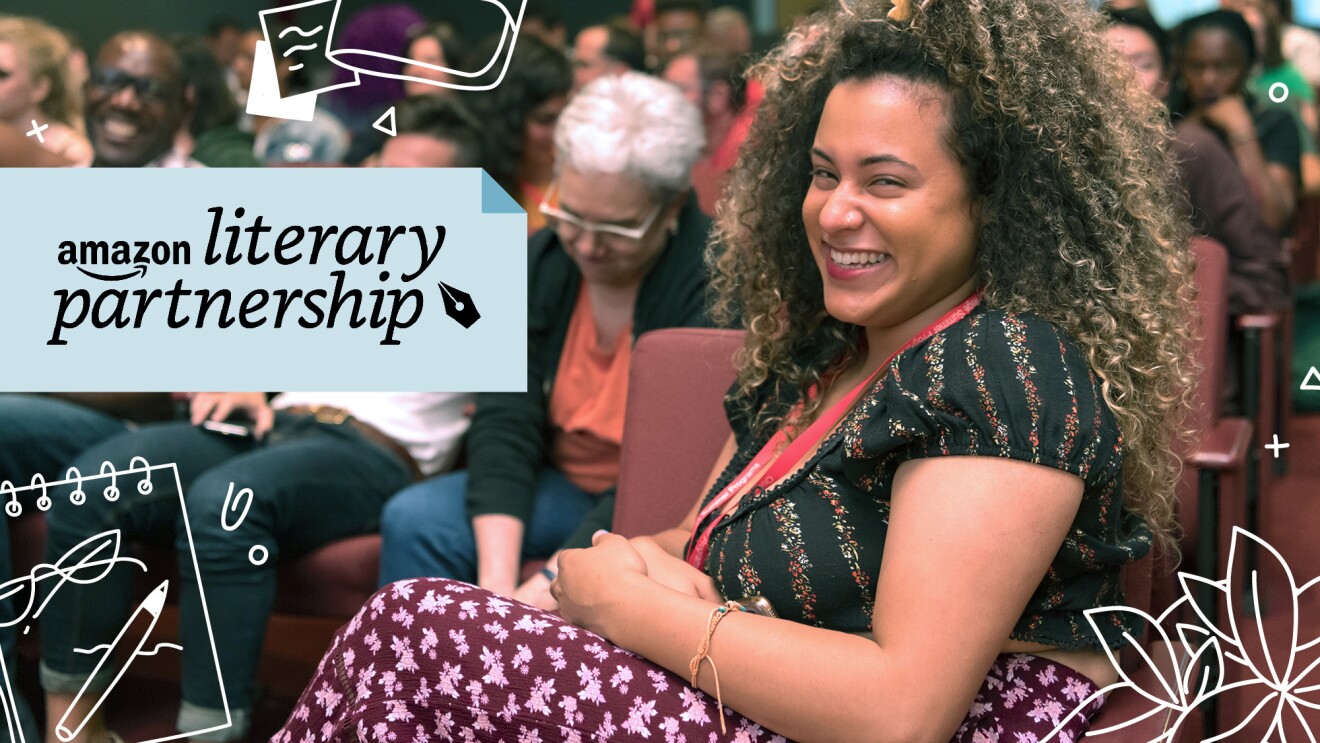Do you love Like Water for Chocolate? Maybe you’re a fan of The Girl with the Dragon Tattoo. Or perhaps you can’t get enough of The Neverending Story, Slumdog Millionaire, or The Unbearable Lightness of Being.
What these movies (and hundreds more) have in common is that each began its journey to the screen as a novel in one language that was then translated into English, gaining a new readership and potentially millions of viewers.
The translation of literature plays a vital role in global entertainment, but it’s also essential in education – bringing new cultures, traditions, mindsets, and perspectives to readers. Through storytelling, minds are expanded and compassion is strengthened.
Most readers are familiar with Amazon’s book business, and some might know about Amazon’s publishing business. But Amazon also has a significant translation imprint known as Amazon Crossing. In celebration of World Book Day 2019, Amazon Crossing will give away copies of nine books that have been translated into English, in hopes of showing more readers the joys of translated text.
Customers can download the English-language translation of award-winning foreign-language books curated by Amazon Crossing editors starting today and concluding at 11:59pm PDT on April 24 by visiting amazon.com/readtheworld.
Crossing literary borders
Amazon Crossing has “in a short time become the most prominent interpreter of foreign fiction into English, accounting for 10 percent of all translations in 2016, more than any other publishing house in a field populated by small imprints,” according to an article in The Seattle Times.
Amazon founded the Amazon Crossing imprint to find voices from around the world and bring new cultures and unique points of view to an English-language audience. An early win was “The Hangman’s Daughter,” a historical thriller by German broadcast journalist Oliver Pötzsch, based on his own family’s medieval roots. To date, Amazon Crossing's translations of Pötzsch's novels have reached more than one million readers.
The language of “Bees”
One of the titles Amazon Crossing is giving away in honor of World Book Day 2019 is the first English translation of “The Murmur of Bees” by Sofía Segovia. A novelist from Mexico, her books, including "Night of the Hurricane," have some critics calling her “the next Isabel Allende.” Comparisons to Allende, the Chilean doyenne of magical realism, would thrill any author, but they have particular resonance for Segovia. Like Allende, she employs magical realism (the technique, often used by Latin American writers, of inserting mythical or fantastical elements into otherwise realistic fiction).
 Photo by DAVE QUIGG
Photo by DAVE QUIGGSegovia wrote, in an email interview, from her home in Monterrey, that “The Murmur of Bees” has roots in the stories her grandfather told her about his life in Linares prior to, during, and after the Mexican Revolution. “When I started writing the novel in 2010, both Linares and my usually safe and peaceful hometown were ground zero in the drug war,” she said.
The novelist discovered that many people she spoke with thought their northeast region of Mexico had never suffered any type of violence previously. “Just two generations earlier, these cities had been through the hell of revolution. How can war be forgotten? I wanted to explore this collective amnesia and write about the regular men and women who aren’t featured in any history book.”
“The Murmur of Bees” begins with the discovery of an abandoned, disfigured infant covered with bees—yet he has no stings on his body. The baby boy is christened Simonopio by the old woman who finds him, and although he never speaks, his heroic voice envelops all of the action.
As Segovia explains, “Fiction or not, most books about the 1910 Mexican Revolution portray almost the same story: one region—the south—one valid ideology, one gender, one truth, one point of view, one way to be good or evil. Mexican history as it is officially documented remains incomplete,” she wrote. “I wanted to shine a light on the fact that there are other truths, not just that one single story of our history. I wanted to add one forgotten, but necessary, piece to the puzzle of my country’s story—even if it is fictional.”
A book with a view
That “forgotten” piece drew Elizabeth DeNoma, an Amazon Crossing senior editor, to Segovia’s manuscript. “The view into any other world is captivating, and the reason that many of us read fiction, even in our native tongues,” said DeNoma. “If you add to that another real place, given life by someone who knows it well, it’s thrilling to have the opportunity to travel instantly and immersively to that place and time.”
Segovia’s translator, Simon Bruni, agrees. “‘The Murmur of Bees’ is full of surprises. It’s one in a succession of books I’ve translated in recent years with child protagonists, which has been a particular source of delight for me, arriving at a time when I became a dad myself,” he said. “I love working with children’s voices, especially when they are as adeptly drawn as Sofía’s.”
Bruni, born in England and now living in Spain, said the art of translation is “about assimilating an author’s voices, making them a part of you, and using your imagination, together with a set of practical skills and habits developed over many years, to reimagine these voices in their new linguistic and cultural locale.” In this respect, translation is similar to other interpretive arts such as music or acting. Bruni says he has to “get into character” when he digs into a manuscript for the first time.
He plays his role well, according to Segovia. As she notes, “I love the English translation of ‘El Murmullo de Las Abejas.’ Simon makes me forget that I am reading English while reading my own work—and I can’t think of a better compliment.”
She also can’t think of a better title. “I never liked ‘the hum of bees,’ which is the direct translation, because a direct translation is not always best. I insisted on the change to ‘murmur’ because it was important for me that the title be precise. In Spanish, ‘murmullo’ conveys a purpose. So does 'murmur.' The difference is important. My bees have a message to convey, even if no one but Simonopio listens to and understands it.”
Found in translation
In her book “Why Translation Matters,” Edith Grossman, the acclaimed literary translator of Gabriel García Márquez and Mario Vargas Llosa, wrote, “Translation always helps us to know, to see from a different angle, to attribute new value to what once may have been unfamiliar. As nations and as individuals, we have a critical need for that kind of understanding and insight. The alternative is unthinkable.” With its 2019 World Book Day celebration, and its vibrant and growing list of global literature, Amazon Crossing continues to help readers everywhere gain perspective on each other's stories.
 Photo by DAVE QUIGG
Photo by DAVE QUIGGTrending news and stories
- Amazon unveils 7 new robots powering faster, safer deliveries: Go inside our most innovative delivery station yet
- Introducing Vulcan: Amazon's first robot with a sense of touch
- This new AI tech will make sorting packages easier for Amazon's delivery station employees
- 15 photos from Project Kuiper's first launch of low Earth orbit satellites










